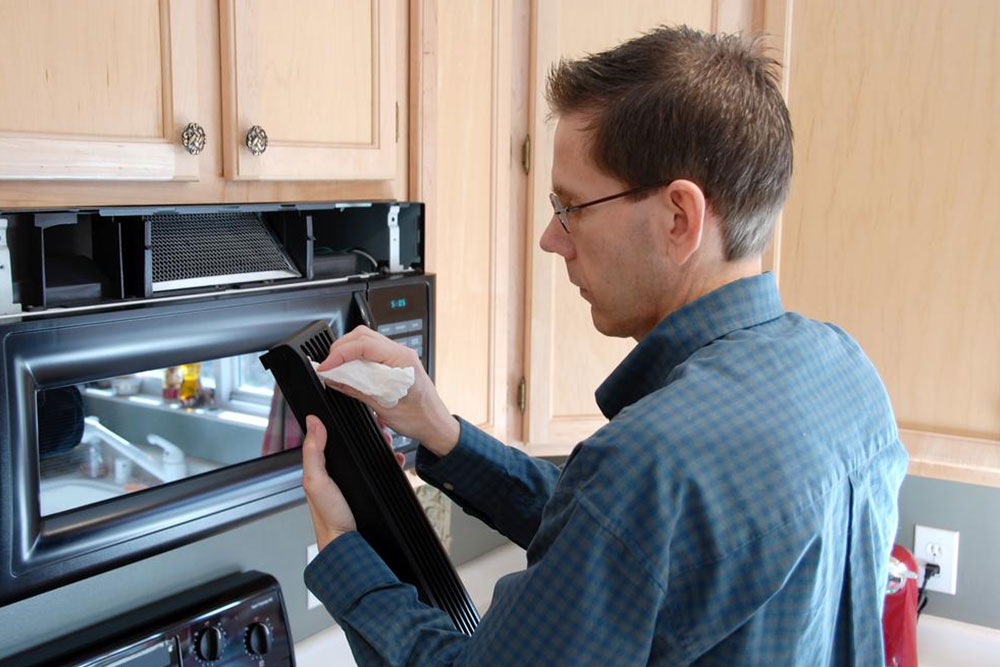Pros and Cons of Residential Service Agreements
This article explores the benefits and limitations of home service agreements, also known as home warranties. It explains how these contracts work, what they cover, costs involved, and how to choose the right plan. Home warranties provide financial protection for essential home systems and appliances, offering peace of mind during property ownership. However, they also have exclusions and limitations to consider. Proper understanding and careful provider selection can help homeowners leverage this service effectively to reduce unexpected repair expenses.

A residential service agreement, often called a home warranty, is a contract that covers repair and replacement costs for vital household appliances and systems over a specified period. It provides homeowners peace of mind by ensuring quick service for essential components such as HVAC, plumbing, electrical systems, and major appliances. Especially when buying a used property with limited maintenance history, choosing a home warranty can be a strategic decision.
How Does a Home Warranty Work?
When purchasing a home, understanding the condition and upkeep of various systems and appliances is crucial. Often, details about their age and state are unknown, and finding qualified repair technicians can be challenging. The high repair costs and time constraints motivate homeowners to buy a warranty to reduce unexpected expenses.
While similar to home insurance in aspects like claims, deductibles, and liabilities, they serve different purposes. Home warranties focus on systems and appliances prone to wear or damage, whereas home insurance covers damages from events such as natural disasters or fires.
Standard coverage includes major appliances like refrigerators, stoves, water heaters, and sometimes electrical, HVAC, and plumbing systems. Reading the policy carefully clarifies what’s included or excluded. Additional coverage may be needed for elements like garage doors, pools, or outdoor spas, which aren't always covered initially.
When a covered item malfunctions, homeowners contact their warranty provider, who coordinates with certified technicians. After diagnosis, the warranty company authorizes repairs or replacements, and a technician is dispatched to fix the issue.
Selecting a Home Warranty Plan
Claims may be denied if the damage existed before coverage or arose from poor maintenance. It's advisable to get an inspection prior to purchase to identify pre-existing issues. Damages caused by improper installation, neglect, or misuse are typically excluded.
Developers, sellers, and buyers can opt for warranties. Builders often offer structural warranties covering a decade for components like roofs and walls, with shorter warranties for appliances. Such builder warranties are usually included in the home's price. For older homes, sellers might offer warranties as incentives, usually valid for a year with options for renewal.
Cost Factors
The average basic home warranty costs between $350 and $600 annually. Additional coverage for specific items can range from $100 to $500. Costs depend on the home's location and the coverage selected. Homeowners typically pay a service fee of $50 to $100 per repair visit, similar to an insurance deductible. Minor repairs below this fee are paid out-of-pocket, while multiple repairs can incur cumulative fees. Excess repair costs are the homeowner's responsibility beyond policy limits.
Benefits of a Home Warranty
Home warranties offer financial protection against unexpected repair expenses, especially for homeowners without significant savings or those seeking hassle-free service. They simplify the process by handling contractor arrangements during emergencies and are especially valuable for custom or expensive home systems.
During property transactions, warranties provide reassurance about the condition of appliances and systems. They are advantageous for newly built homes or buyers investing heavily in their property, reducing concerns of immediate major repairs.
Sellers sometimes include warranties in sale agreements to attract buyers, often covering the cost initially. However, known issues must still be disclosed, and warranties cannot be used to conceal defects.
Limitations of Home Warranties
The drawbacks include exclusion of damages due to poor maintenance. Definitions of "proper upkeep" are subjective and can be exploited by providers for claim denial. For example, if a neglected furnace fails, coverage may be refused.
Additional limitations involve coverage caps, exclusions, and deductibles. If no breakdown occurs, the premiums paid provide no direct benefit but offer peace of mind. Conversely, denied claims or costs exceeding coverage limits can render the payments unworthy.
Home warranties don't always allow choosing specific contractors or brands; repairs are performed by designated providers, which may limit options or cause dissatisfaction. Replacement parts may be generic, possibly affecting quality.
While offering repair convenience, home warranties involve third-party coordination, which can complicate service. Careful review of the contract and understanding coverage suitability are essential for making an informed decision.
Overall, home warranties benefit many homeowners seeking predictable costs but are not without flaws. Conducting thorough research and selecting reputable providers is vital to maximize their advantages.


